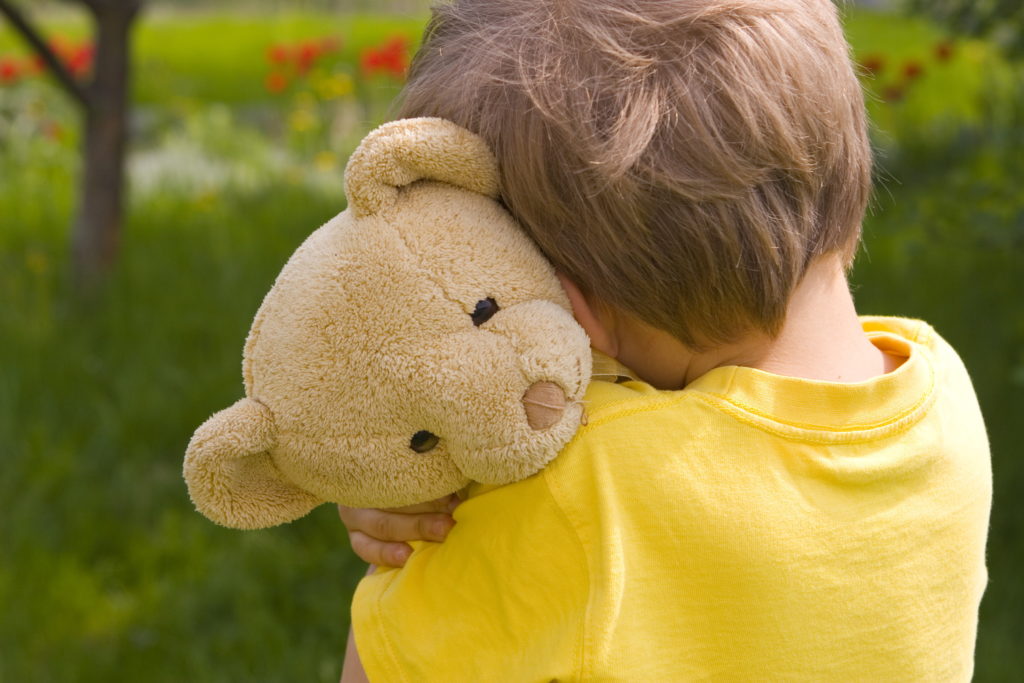Love Your Body, Love Your Life
Module 8
Stress, Emotional Eating, and Adverse Childhood Experiences
This week we take a deeper dive into emotional eating. Stress is often the root cause of our emotional eating. We overeat in an attempt to feel better, tranquilize painful emotions, or stuff them down food. “Modern-day” stress is certainly a factor, but there is much more to the story.
What many people are unaware of is that our childhood experiences play a very big role when it comes to our physical, mental, and emotional health as adults. If there was dysfunction or trauma, or if our basic needs weren’t met, the effects can be long-lasting. People who grew up in chaotic environments may struggle with learning and relationships and/or experience health issues as adults. Childhood is also the time where many learn to use food as a coping tool, thus setting up a lifetime pattern of soothing and comforting with carbs.
In addition, everything we learn, see, hear, and experience as children gets stored in our subconscious minds. It’s this library of information that helps form our beliefs systems. If our belief systems tell us that we’re not good enough or that we don’t deserve success or that our needs always have to come last, it’s important to heal this. Otherwise we’re likely to continue using food to feel better or to tranquilize painful emotions or stuff them down with food.
Stress and Emotional Eating
Take a few moments to gain insight into your stress eating and emotional eating by answering these questions.
Got stress?!? Watch this video to learn how modern-day stresses AND childhood events both contribute to weight issues. It’s not just a matter of calories in vs. calories out.
Adverse Childhood Experiences
Current research shows us that our childhood experiences play a big role when it comes to our physical, mental, and emotional health as adults. Compared with a person with no adverse childhood experiences, or ACEs, a person with four or more has almost double the risk of obesity. Having four or more ACEs more than doubles the risk of heart attack and stroke, and nearly quadruples the risk of emphysema. The risk for depression is more than quadrupled. Although many of these outcomes could reflect the influences of genes and other environmental influences — beyond those occurring in childhood — the tight relationship between increasing ACE numbers and increasing health risks makes the role of child trauma clear.


So just how do childhood experiences cause physical effects like obesity, heart attack or stroke?
There are at least two interconnected pathways — one physiological, the other psychological. The psychology is relatively straightforward: being abused or otherwise traumatized is painful, and food can be a numbing or comforting escape. Hence, abused children may turn to overeating, which causes obesity. In essence, we “self-medicate” with carbs.
ACEs are also strongly linked with other types of unhealthy “self-medication”: for instance, cigarette smoking (which accounts for the increased rate of emphysema among high ACE scorers) and drug abuse (having four or more ACEs increases the risk of injectable-drug use by a factor of 10). Dr. Vincent Felitti, a leading ACE researcher states that “being fat [or having other unhealthy behaviors] is not the problem. It’s the solution.” Food is literally the coping tool and extra weight adds a layer of protection.
Physiologically, research on the biology of stress shows how major adversity can affect brain and organ developement, partly due to putting the body’s stress response system on high alert. This increases the risk of stress related disease and cognitive impairment well into the
adult years.
Traditionally, the health care system (and weight management programs) would point to high-risk as poor diet or a sedentary lifestyle as the primary cause of obesity. Questions for patients have focused on “What’s wrong with you?”. At EXCEL Weight Loss Soutions we ask “What happened to you?”and “How can we help you heal that?”
Adverse Childhood Experiences, Weight, and Health Issues
The Adverse Childhood Experiences (ACEs) Study
To learn more about how how your childhood experiences may be affecting your physical, mental and emotional health, read the studies below and answer the ACE questions.
View and download the ACE Study.
View ACE questions.

